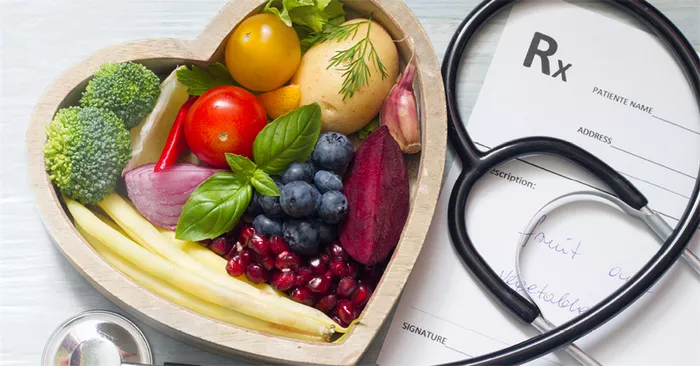“What fruit is good for gallbladder attacks?” This question often arises for individuals seeking natural remedies and dietary interventions to manage gallbladder issues. The gallbladder, a small organ responsible for storing bile produced by the liver, plays a crucial role in digestion. Gallbladder attacks can be painful and disruptive, prompting many to explore dietary modifications, including the incorporation of specific fruits. In this article, we will delve into the relationship between fruits and gallbladder health, addressing common queries such as “What fruit can I eat with gallbladder problems?” and exploring the benefits of fruits in calming gallbladder-related issues.
Understanding Gallbladder Problems:
Before delving into the world of fruits beneficial for gallbladder health, it’s essential to understand common gallbladder problems. Issues like gallstones, inflammation, and gallbladder attacks can disrupt digestion and cause discomfort. Dietary choices, including the selection of fruits, can significantly impact gallbladder function and mitigate the risk of complications.
What Fruit Can I Eat with Gallbladder Problems?
Choosing the right fruits is crucial when dealing with gallbladder problems. Opting for fruits that are low in fat and high in fiber can be beneficial. Apples, pears, and berries are excellent choices, as they provide essential nutrients without overburdening the gallbladder with excess fats.
The Role of Fiber in Gallbladder Health:
Fiber is a key component in maintaining overall digestive health, and it can be particularly beneficial for individuals with gallbladder problems. High-fiber fruits help regulate digestion and may contribute to preventing gallstones. Citrus fruits, such as oranges and grapefruits, are not only rich in fiber but also offer hydration, supporting overall gallbladder function.
Are Apples Good for Gallbladder Attack?
Apples, often hailed for their nutritional benefits, can indeed be good for gallbladder health. The soluble fiber in apples helps regulate cholesterol levels, potentially reducing the risk of gallstones. Additionally, the antioxidants present in apples contribute to overall digestive well-being, making them a favorable choice for those prone to gallbladder attacks.
See Also:What is Good for Gallbladder Pain?
Is Banana Good for Gallbladder Attacks?
Bananas, with their low fat and high potassium content, are considered a gallbladder-friendly fruit. Potassium is essential for maintaining proper fluid balance in the body, and it may aid in preventing gallstone formation. Including bananas in your diet can provide a satisfying and nutritious option during gallbladder attacks.
The Importance of Hydration:
Staying well-hydrated is crucial for gallbladder health. Water-rich fruits, such as watermelon and cucumber, can contribute to maintaining proper hydration levels. Ample hydration supports the gallbladder in its role of concentrating and releasing bile, aiding in the prevention of gallstone formation.
Berries: Nature’s Antioxidant Powerhouses:
Berries, including blueberries, strawberries, and raspberries, are not only delicious but also packed with antioxidants. These antioxidants play a role in reducing inflammation and oxidative stress, potentially benefiting individuals with gallbladder problems. Incorporating a variety of berries into your diet can offer a flavorful and healthful approach to gallbladder care.
The Impact of Citrus Fruits:
Citrus fruits, such as lemons, limes, and oranges, are known for their vitamin C content and digestive benefits. The acidity of citrus fruits may help in breaking down fats, easing the workload on the gallbladder. However, individuals with acid reflux or citrus sensitivities should consume these fruits in moderation.
Best Practices for Gallbladder-Friendly Fruit Consumption:
While certain fruits can be beneficial for gallbladder health, moderation is key. Consuming a diverse range of fruits and maintaining a balanced diet that includes other food groups is essential. Additionally, individuals with specific dietary restrictions or underlying health conditions should consult with a healthcare professional before making significant changes to their diet.
Conclusion
In conclusion, understanding the relationship between fruits and gallbladder health can empower individuals to make informed dietary choices. Apples, bananas, berries, and citrus fruits stand out as excellent options, providing essential nutrients and contributing to overall digestive well-being. By incorporating gallbladder-friendly fruits into a balanced diet and adopting healthy lifestyle habits, individuals can take proactive steps towards managing gallbladder problems and promoting long-term digestive health. Always consult with a healthcare professional for personalized advice based on individual health needs.
Related Topics:
7 Natural Remedies to Relieve Gallbladder Pain
What Is a Good Diastolic Pressure?
Blood Clots in Legs: Symptoms and Risks


